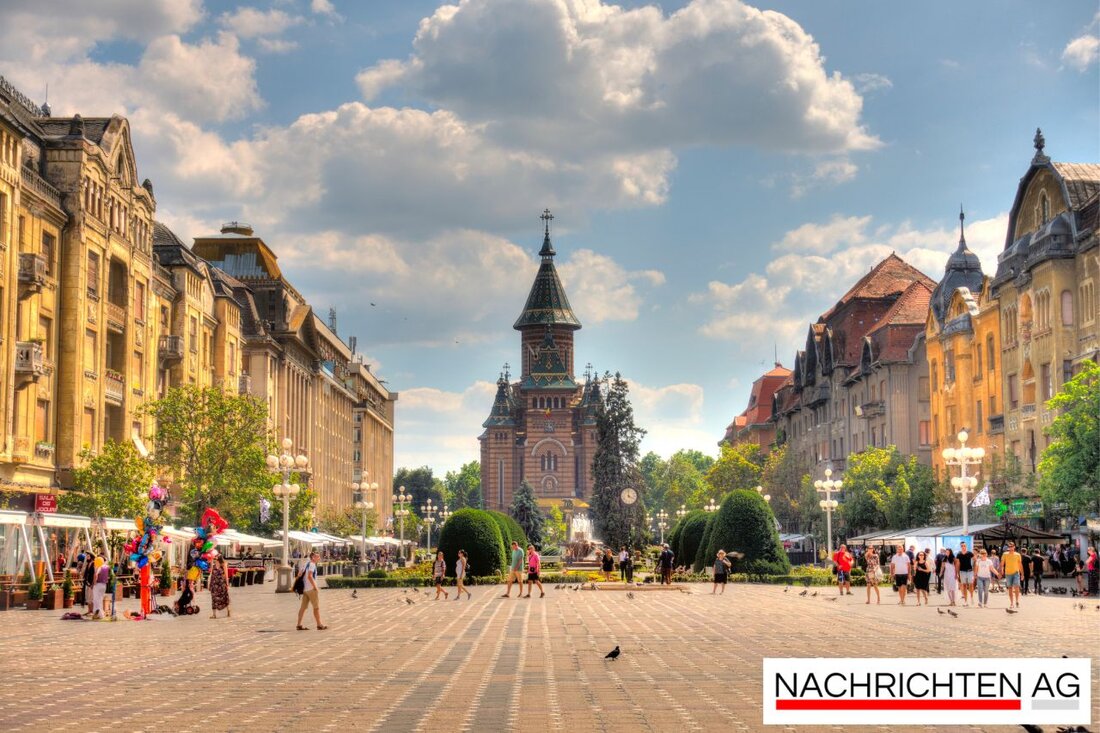Battle for the Danube floodplains: Will the Lobautunnel become a reality?
Find out more about the controversial Lobau Tunnel and the protection of the Danube floodplains in Vienna, discussed by experts and decision-makers.

Battle for the Danube floodplains: Will the Lobautunnel become a reality?
In recent years there have been repeated discussions about the transport infrastructure in Vienna, especially the planned construction of the Lobau Tunnel. For 40 years, the Science and Environment Forum (FWU) has been committed to protecting the Danube floodplains, one of the last untouched natural areas in the city. The FWU was founded out of the need to protect the Danube floodplains from destruction by the Hainburg power plant. Reinhold Christian, the planning director of the Donauauen National Park, supports the fight against the threat posed by the new tunnel, the 8.3 kilometers of which could put a significant strain on nature.
SPÖ Transport Minister Peter Hanke supports the construction of the motorway, while the then environmental city councilor Michael Häupl expressed concerns during his term in office. It's a dilemma: While Hanke relies on a study that links the construction of the S1 with improving the quality of life and securing the business location, scientists from the FWU and the TU Vienna show that there are also opposite results.
The arguments on both sides
It is noteworthy that a study by infrastructure economist Michael Getzner shows that only 50% of studies show a measurable increase in productivity from road construction. 30% show no increase and 20% even report a deterioration. Getzner emphasizes that investments in areas such as health, research, digitalization, culture or climate protection often have a more effective effect than new roads.
Nevertheless, the project does not remain uncritical. Helga Kromp-Kolb, a respected climate researcher, emphasizes that the emissions caused by the construction of the tunnel and the new road are not included in the climate goals. The transport sector is responsible for 30% of CO2 emissions and this number continues to grow. Kromp-Kolb calls for fundamental system changes that promote public transport and alternative means of transport. This could solve serious traffic problems.
The role of the Danube
The Danube itself, the second longest river in Europe, is known not only for its beauty but also for its economic importance. It flows through ten European countries, including Austria, and has a total length of 2,850 km. In addition to its role as a waterway, the Danube offers numerous leisure opportunities, such as cycling along the Danube cycle path and cruises, which are particularly popular with tourists. The Danube Delta in Romania, a UNESCO World Heritage Site, is an important ecosystem rich in various fish species.
With the many facets that the Danube offers and the urgent questions about transport infrastructure in Vienna, the discourse about the Lobautunnel and the S1 is a challenge that not only affects current urban development, but also future generations. How will Vienna decide to master the balancing act between natural and economic interests?

 Suche
Suche
 Mein Konto
Mein Konto